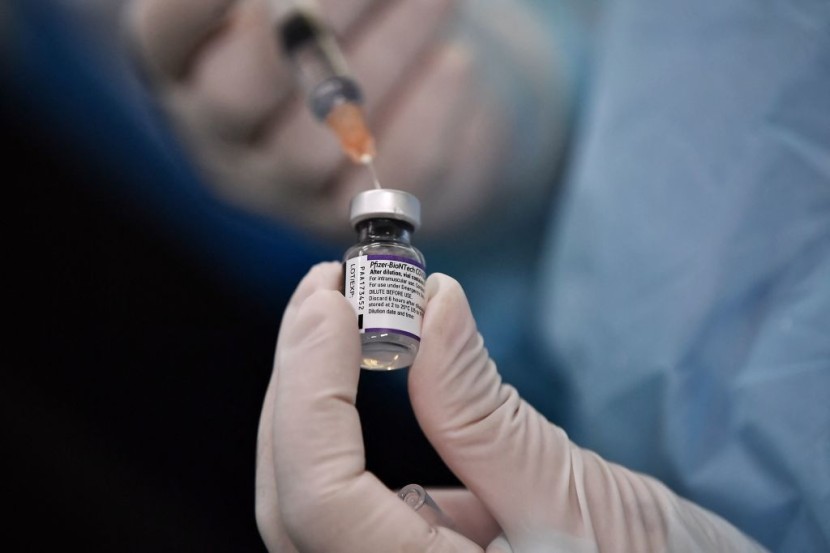
Early findings from a US study published Wednesday revealed that those who got Johnson & Johnson's COVID-19 vaccination may benefit from a booster dose of Pfizer or Moderna.
The study, which was financed by the National Institutes of Health (NIH), was highly anticipated in the United States because it looked at the potential of "mixing" vaccines or using a different vaccine for the booster dose than the original dosage, which is presently prohibited in the country.
The study involved 458 people who had been vaccinated for at least 12 weeks with one of three US-approved brands (Pfizer, Moderna, or J&J), as per NDTV.
Mix matching of COVID-19 vaccines indicate no safety concerns
These three groups were then split into three additional groups, each receiving one of the available booster vaccinations. Each of the nine groups included around 50 persons.
Following that, 15 days after the booster dose, the researchers looked at antibody levels. Antibody levels were four times higher after a J&J booster, 35 times higher after a Pfizer booster and 76 times higher after a Moderna booster for patients who were first vaccinated with J&J.
When compared to individuals who had originally gotten Pfizer or J&J doses, antibody levels for those who had received Moderna shots were greater "irrespective of the booster vaccination administered," according to the research.
It also discovered that when booster doses were given, "no safety concerns were identified."
More than 450 people who received their first injections from Pfizer, Moderna, or Johnson & Johnson participated in the study, which found that "mixing and matching" booster shots of different kinds are safe in adults. Per SCMP, the vaccines developed by Moderna and Pfizer are based on messenger RNA, whereas J&J employs viral vector technology.
It comes as a US Food and Drug Administration advisory panel prepares to meet later this week to consider the benefits of a booster shot for the Moderna and J&J vaccines.
Following the White House's announcement in August that booster doses of the J&J and Moderna COVID-19 vaccines will be available starting last month for most people, US health officials have been under pressure to provide guidance on booster doses of the J&J and Moderna COVID-19 vaccines.
Findings to be presented to FDA
The NIH study compared the safety and antibody responses of participants who were boosted with the same type of shot as their first vaccine against those who got a different type of injection as a booster.
Unlike Pfizer and Moderna's two-shot mRNA vaccines, J&J aimed to provide a one-shot treatment that would protect the population sufficiently to help stop the COVID-19 pandemic. However, its efficacy rate of 72 percent in the United States was considered inferior by some to Moderna's and Pfizer's vaccines, which both boasted efficacy rates of over 90 percent.
According to company data released September 21, the second dosage of J&J's shot performs similarly to mRNA vaccines, raising protection from symptomatic infection to 94 percent when given two months after the initial dose in the United States.
The FDA stated in a separate document issued earlier Wednesday that evidence submitted by J&J indicated that users may benefit from a second injection two months after the first.
J&J's single-shot vaccine's efficacy in trials and real-world research "is consistently less than the highest effectiveness estimates for the mRNA COVID-19 vaccines," CNBC reported.
The findings, which were made public on Wednesday, will most likely be discussed at a key FDA vaccination advisory committee meeting on Friday.
Last month, US authorities approved booster shots of the Pfizer and BioNTech-developed COVID-19 vaccine for a wide range of Americans, including the elderly, individuals with underlying medical problems, and those who work or reside in high-risk areas, such as health and grocery staff.
Related Article: Russia, WHO Differ on When Sputnik V Will Receive Approval; COVID-19 Vaccine Demonstrates 70% Efficacy Against Delta Variant
@YouTube








